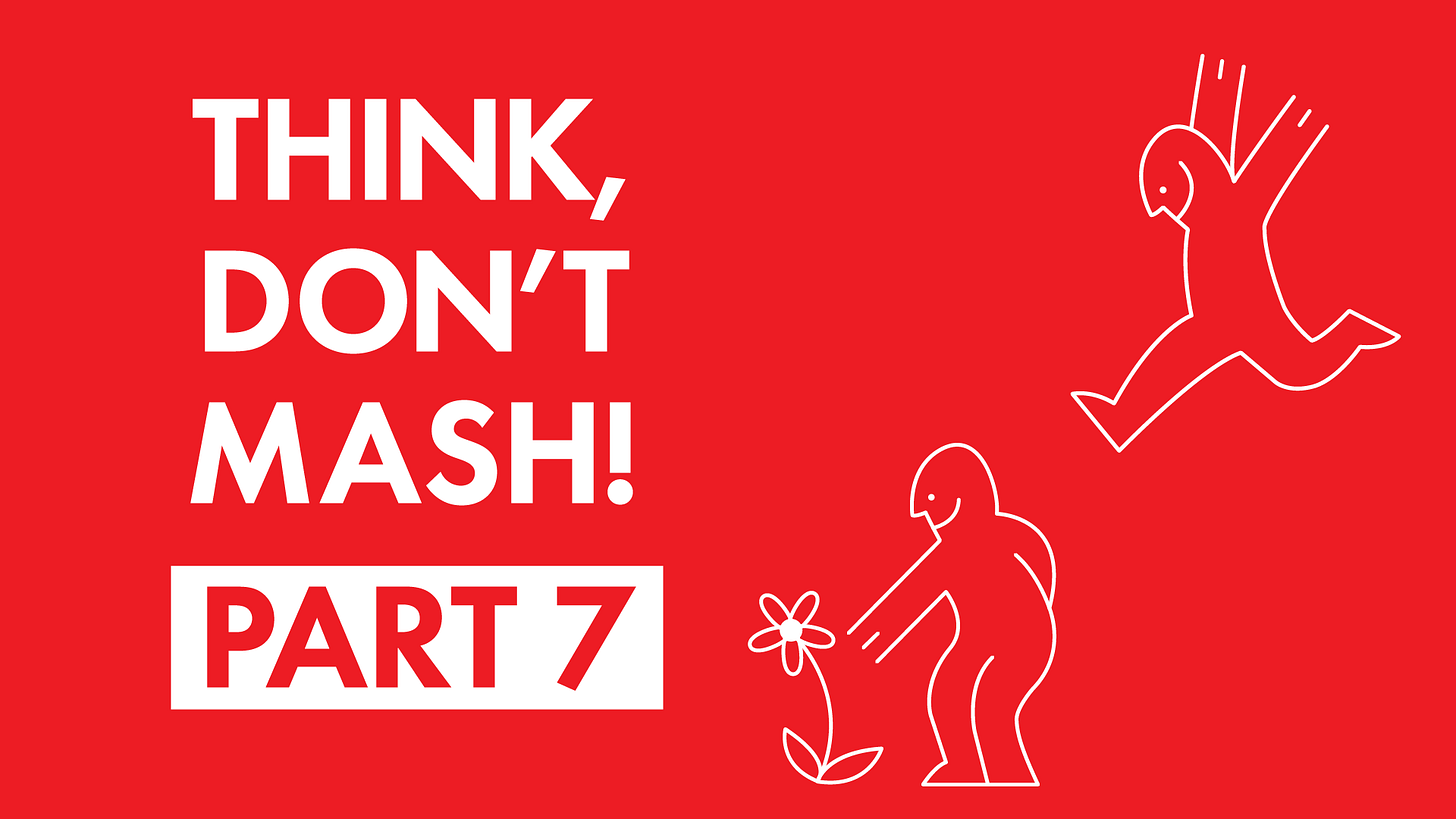Think, Don't Mash! Part 7: Troubleshooting Your Plan When Things Go Wrong
I am 100% certain that there are people who have done everything I've said in this video series and are still struggling. This doesn't mean the approach won't work for some of you! Troubleshooting is a lot easier than you might expect.
Part of why fighting games are so satisfying is because they force you to confront obstacles and overcome them, and this entire series is geared toward helping people help themselves. However, nobody can get that far entirely on their own. Sir Isaac Newton is credited with having said, "If I have seen further, it is by standing on the shoulders of Giants." When watching tutorial videos and grinding online aren't working, it can help to broaden your scope.
Resources:
r/StreetFighter: have no idea what you're doing wrong? I promise you that if you ask for help, plenty of people will be more than happy to offer advice. This subreddit (and associated Discord channels) is one of the most active places to discuss Street Fighter on the web. To make sure you actually get useful advice, it's important to ask correctly:
Be specific. Asking "How do I beat Akuma?" is broad to the point of being useless. Instead, asking something like, "How do I deal with Akuma air fireballs?" will get you much better information. It will also force you to think critically. When you have to actually drill down and figure out what your question is, a solution might present itself on its own.
Show, don't tell. If you're not even sure where to start, post replays of your own matches. If you don't know what you're doing wrong, how can you describe it in enough detail that others can help you? Footage of your matches will give those who want to help you the best possible starting point.
Get good at watching fighting games: there are plenty of ways to learn without someone teaching you directly. You don't need to reinvent the wheel when you're learning a character. Mindfully spectating (watching to learn) lets you stand on top of the proverbial giants mentioned earlier. Whatever problem you're having, odds are somebody else has solved it, so go and find out how.
Find your local FGC: playing with somebody locally is a fantastic way to learn. More importantly, it's an amazing motivator. The social aspect of engaging with the community at a local is an entire other facet of fighting games that can be largely absent from the online experience (unless you really go out of your way to make it happen.
Last (and maybe least?), if you shoot a question my way, I'll do my best to respond and help out if I can. Without further adieu, here's the video. To anybody who has stuck with the series this far- thank you for the support.

